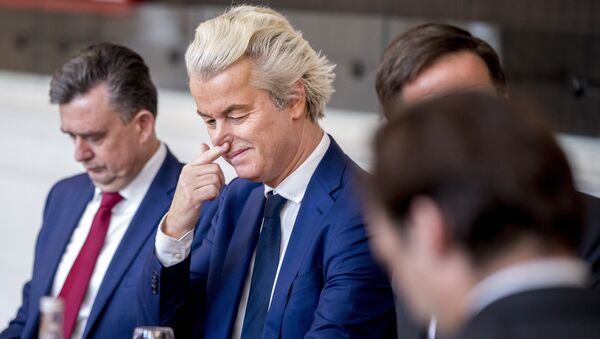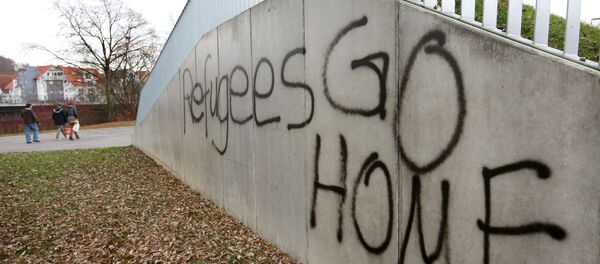The right-wing PVV, under the leadership of Geert Wilders, became the second in the Dutch elections, increasing its presence in the parliament from 15 to 20 seats. The PVV's main competitor incumbent Dutch Prime Minister Mark Rutte’s center-right People's Party for Freedom and Democracy (VVD) became the election's leader, securing 33 out of 150 parliamentary seats.
"Wilders couldn’t fulfill the high expectations, however, the Dutch result cannot be interpreted as a motive to lean back or to think that the right populists are downfalling. As an anti-European movement, the right populists have to be taken very seriously for sure," Niedermuhlbichler said.
The PVV, well known for its anti-migrant and anti-Islamic sentiment and prioritizing national interests, was the front-runner of the election race for weeks. Rutte's VVD managed to take the lead only in the last days before the elections. The PVV platform includes proposals to close all the mosques in the Netherlands, ban the Quran, the country’s withdrawal from the European Union, the cutting of income tax and greater defense spending without any extra cost for the citizens.
Far-right and euroskeptic parties in Europe have gained momentum over the recent years, as the EU economy has been burdened with costs associated with the ongoing migrant crisis.






